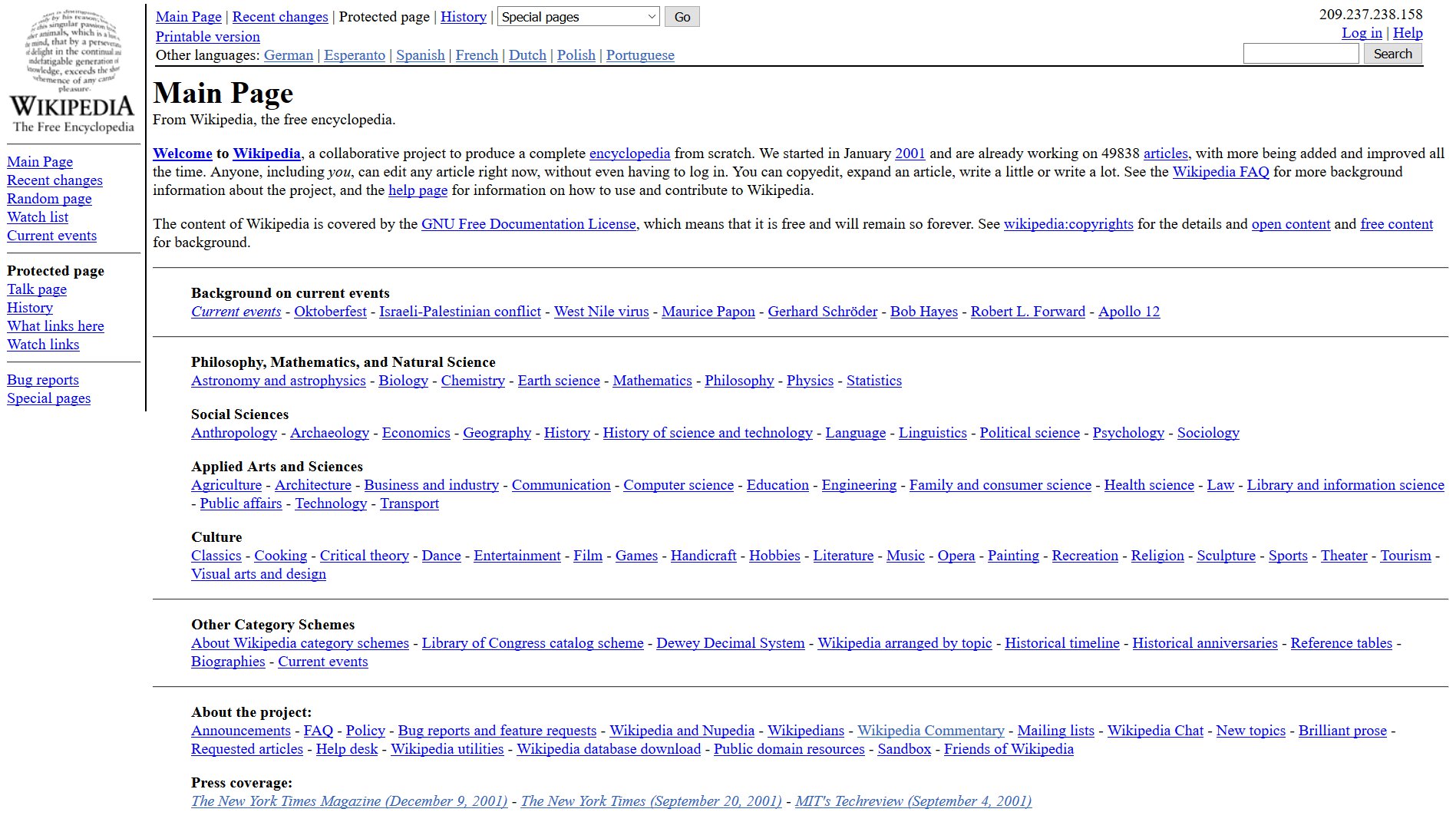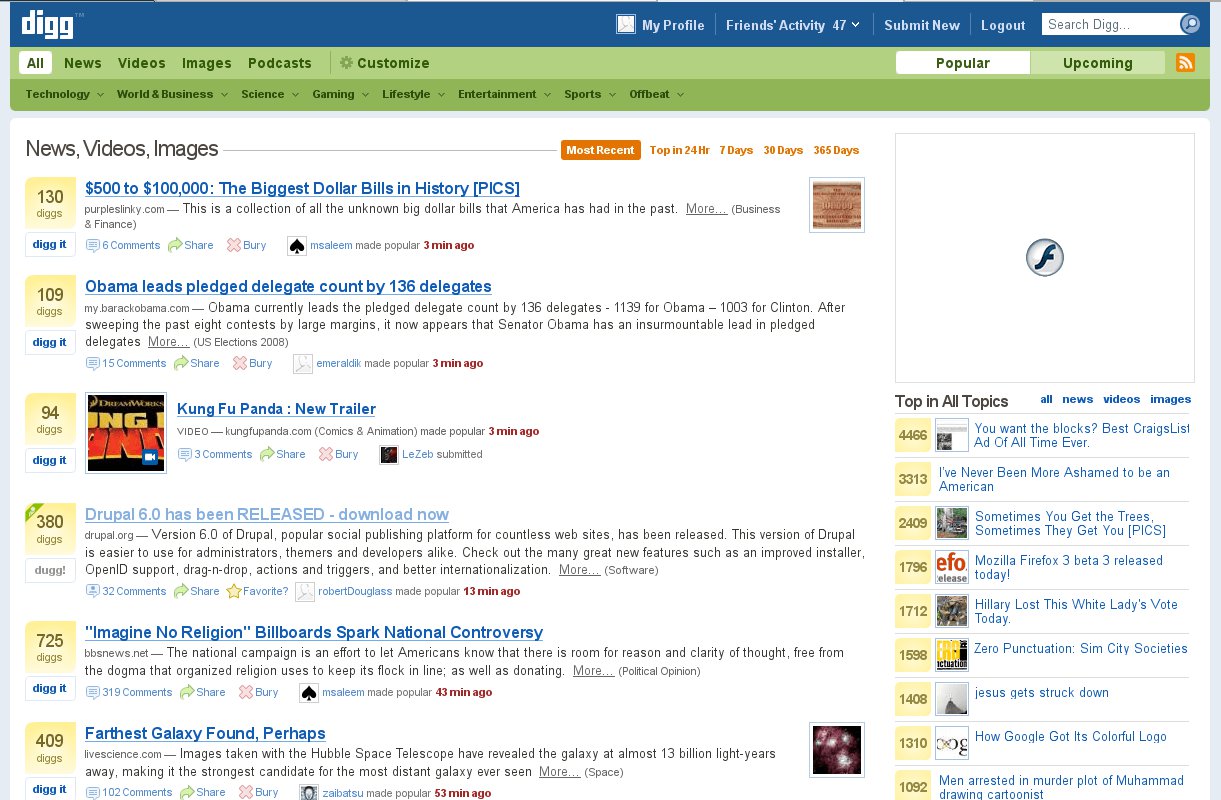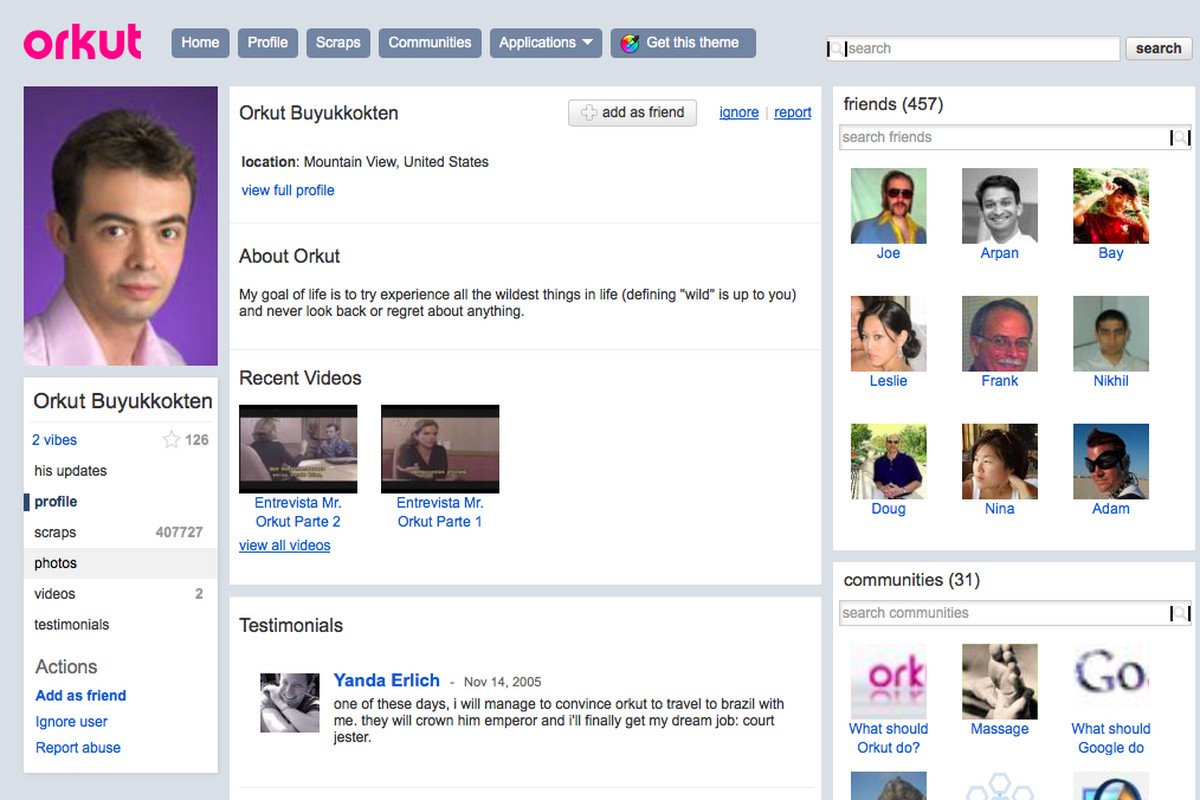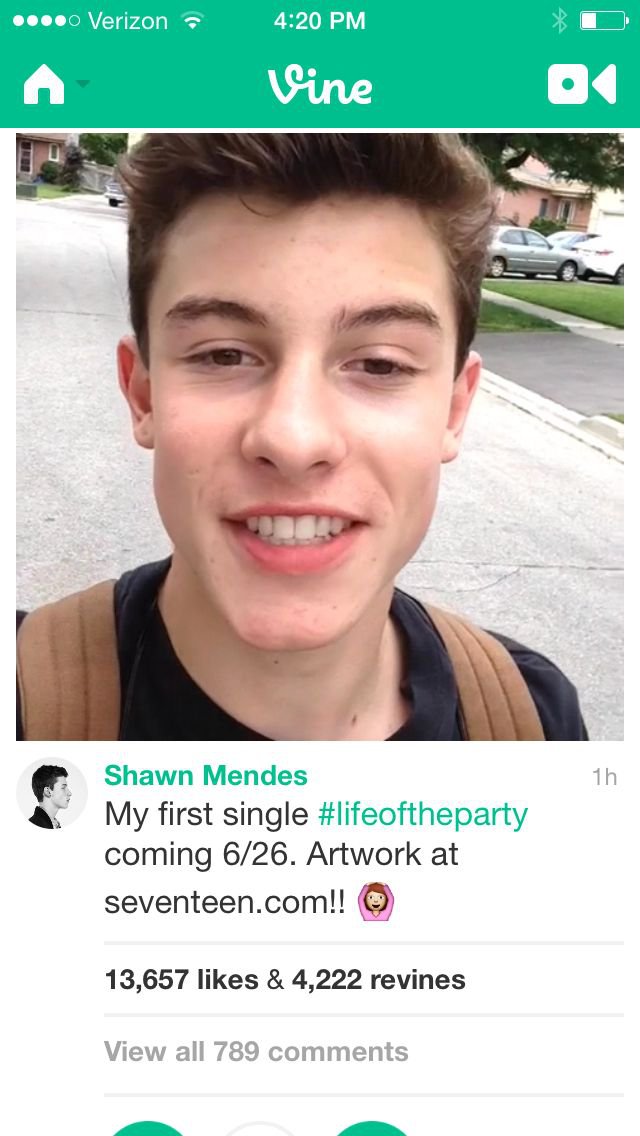The 2000s were the years when some of our favourite social media platforms were launched. Some of them went on to become really big, while some had to shut down due to the lack of users. Today, we look at some of the famous startups of the 2000s and what happened to them.
1. Wikipedia
Did you know Wikipedia was actually launched as a feature of Nupedia in January 2001? Nupedia was an online encyclopedia launched in March 2000. But due to some objections from the advisory board, Wikipedia was relaunched as an independent website.

Wikipedia was started by Jimmy Wales and Larry Sanger. It has come a long way from its Nupedia days, with the Nupedia’s content getting merged with Wikipedia within two years of its launch. Wikipedia has helped us tremendously with our school projects and continues to do so even today.
2. Napster
Years before the launch of Spotify, Napster was the OG music streaming platform. Napster was launched by Shawn Fanning and Sean Parker on 1 June 1999. It operated for 2 years, after which it was shut down by a court order over copyright infringement.

Though the company went into bankruptcy, the brand Napster survived. It has since changed ownership several times but still exists in some countries.
3. MySpace
Before Facebook came into the picture, and a few years after, MySpace was the “cool” thing. Started in 2003 by Chris DeWolfe, Tom Anderson, and Jon Hart, MySpace was the first social networking website to reach a global audience.

The joy of customizing our homepage along with the drama inducing “Top 8” friends list is something every MySpace user fondly remembers. The ownership of MySpace has been an absolute rollercoaster ride. The website is still operational but doesn’t attract as many users as it previously did.
4. Digg
Digg was founded in 2004 by Kevin Rose and Jay Adelson. It was a news aggregator website aimed at giving the power to the audience to decide which news mattered. We had the option to upvote (or Digg) and downvote (or burry), and the most-dugg links showed up on the front page of the website.

The aim of Digg was to replace the traditional newspaper and become the “front page” of the internet. The popularity was also good, and there was even news of acquisition by Google. It all went downhill after the launch of Digg version 4 when the company tried to completely relaunch the website. It was eventually sold in 2012 in three parts to Betaworks, The Washington Post, and LinkedIn. Though the website is still operational, it doesn’t cater as much popularity as it once did.
5. Orkut
Ok, I agree Orkut is not technically a startup, but for nostalgia-sake, I had to include it in this list. I still remember coming back from school, logging into Orkut and sending scraps to my friends. They were the real good ol’ days.

Orkut was started by a Google employee Orkut Büyükkökten in January 2004 and was owned and operated by Google. The Google announcement of shutting down Orkut in 2014 was like the end of childhood, and yes, I’m still emotional about it.
6. Vine
Vine was a short-form video hosting platform founded by Dom Hofmann, Rus Yusupov, and Colin Kroll in June 2012. It was acquired by Twitter in October 2012, before its official release in 2013. It quickly became the most used video application.

In October 2016, Twitter announced it would be shutting down the Vine app due to the migration of marketers to other platforms. Due to this, its famous creator like Shawn Mendes and Liza Koshy also moved to other platforms.
Well, this article surely made me nostalgic. What about you?

















